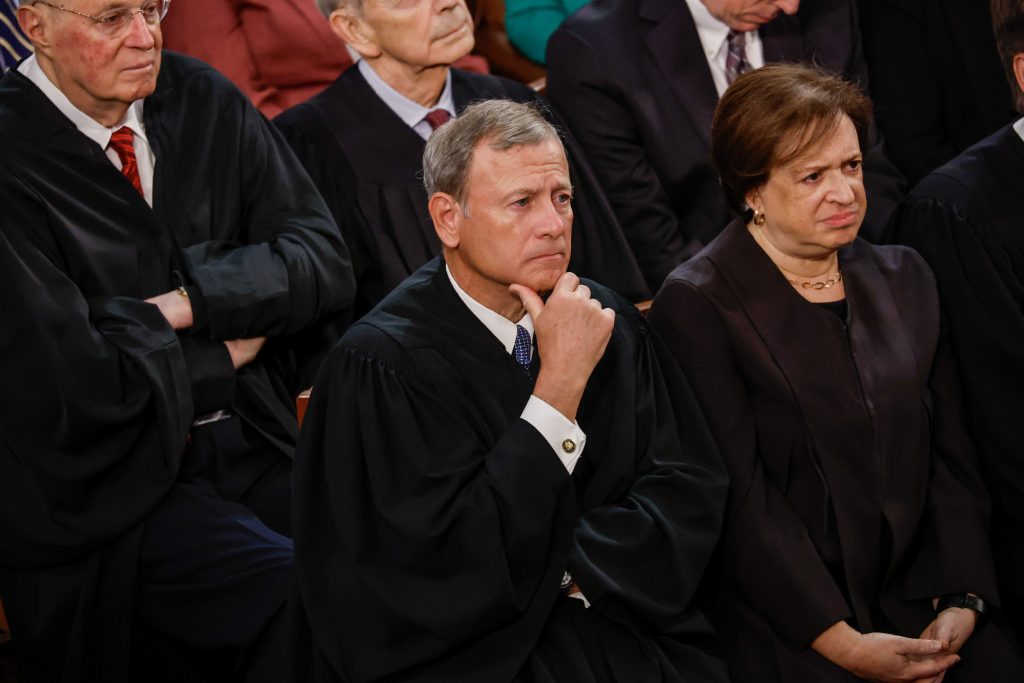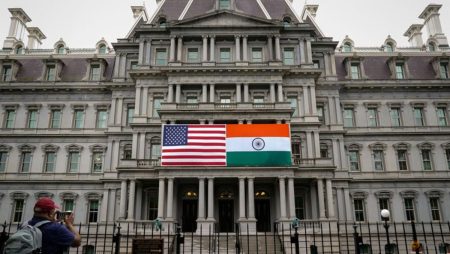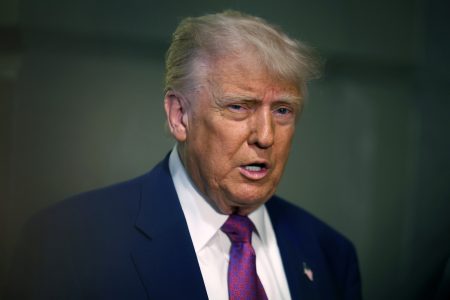Chief Justice John Roberts’s year-end report for 2024 serves as a stark reminder of the multifaceted challenges confronting the judiciary in the modern era. While the report acknowledges the inherent right to criticize judicial decisions, it underscores the critical distinction between legitimate critique and actions that actively undermine the integrity and independence of the courts. Roberts identifies four primary areas of concern: violence and threats against judges, intimidation tactics, the proliferation of disinformation, and the growing trend of defiance towards lawfully issued court orders. These issues, he argues, represent a dangerous erosion of the rule of law and pose a significant threat to the very foundation of the American democratic system.
The timing of the report is particularly significant, coming on the heels of a highly contentious presidential election cycle marked by unprecedented attacks on the judicial system. While Roberts refrained from mentioning any specific individuals, the context inevitably points to the rhetoric employed by then-candidate Donald Trump, who repeatedly questioned the impartiality and legitimacy of the courts, especially in light of the numerous criminal charges he faced. This charged political atmosphere, coupled with the court’s own controversial decisions, notably the overturning of Roe v. Wade, has created a volatile environment where judges are increasingly perceived as political actors, making them targets of both intense scrutiny and, in some cases, outright hostility.
The report highlights several instances of this escalating tension. The leak of the draft Dobbs opinion, which foreshadowed the eventual overturning of Roe v. Wade, sparked widespread protests and personal attacks against the justices, culminating in the arrest of a man near Justice Brett Kavanaugh’s home, armed with weapons and expressing intent to harm the Justice. This incident, along with other reported threats against judges, serves as a chilling illustration of the real-world consequences of inflammatory rhetoric and the erosion of public trust in the judiciary. Roberts emphasizes that such acts of violence and intimidation are not merely expressions of dissent but direct assaults on the rule of law itself.
Beyond physical threats, Roberts also addresses the insidious impact of disinformation and the deliberate distortion of court rulings. The rapid spread of misinformation through social media, often amplified by foreign actors seeking to sow discord, creates a distorted public perception of the judiciary and its role. This online ecosystem of manipulated narratives and outright falsehoods further fuels public distrust and contributes to a climate of animosity, making it increasingly difficult for the courts to function effectively and maintain their legitimacy. The report underscores the need to counter these disinformation campaigns and promote accurate understanding of judicial processes and decisions.
A further concern highlighted by Roberts is the increasing tendency of elected officials to openly defy or disregard court rulings. This disregard for judicial authority, often motivated by political expediency, undermines the principle of judicial review and the very structure of the checks and balances that underpin the American system of government. Roberts draws a parallel to the resistance faced by the Supreme Court during the implementation of the Brown v. Board of Education decision, emphasizing that while criticism of court rulings is legitimate, outright defiance by government officials sets a dangerous precedent and erodes the foundations of a functioning democracy.
The chief justice’s report concludes with a call for renewed respect for the judiciary and a reaffirmation of the fundamental principles that underpin its independence. While acknowledging the right to criticize and even disagree with court decisions, Roberts stresses that such criticism must remain within the bounds of legitimate discourse and cannot devolve into threats, intimidation, or outright defiance. The judiciary’s ability to function impartially, free from political pressure and threats of violence, is essential for the preservation of the rule of law and the continued stability of the American democratic system. He emphasizes that even unpopular decisions must be upheld and enforced by other branches of government to maintain the integrity of the system. The report serves as a sobering reminder of the fragility of democratic institutions and the importance of vigilance in protecting them.










